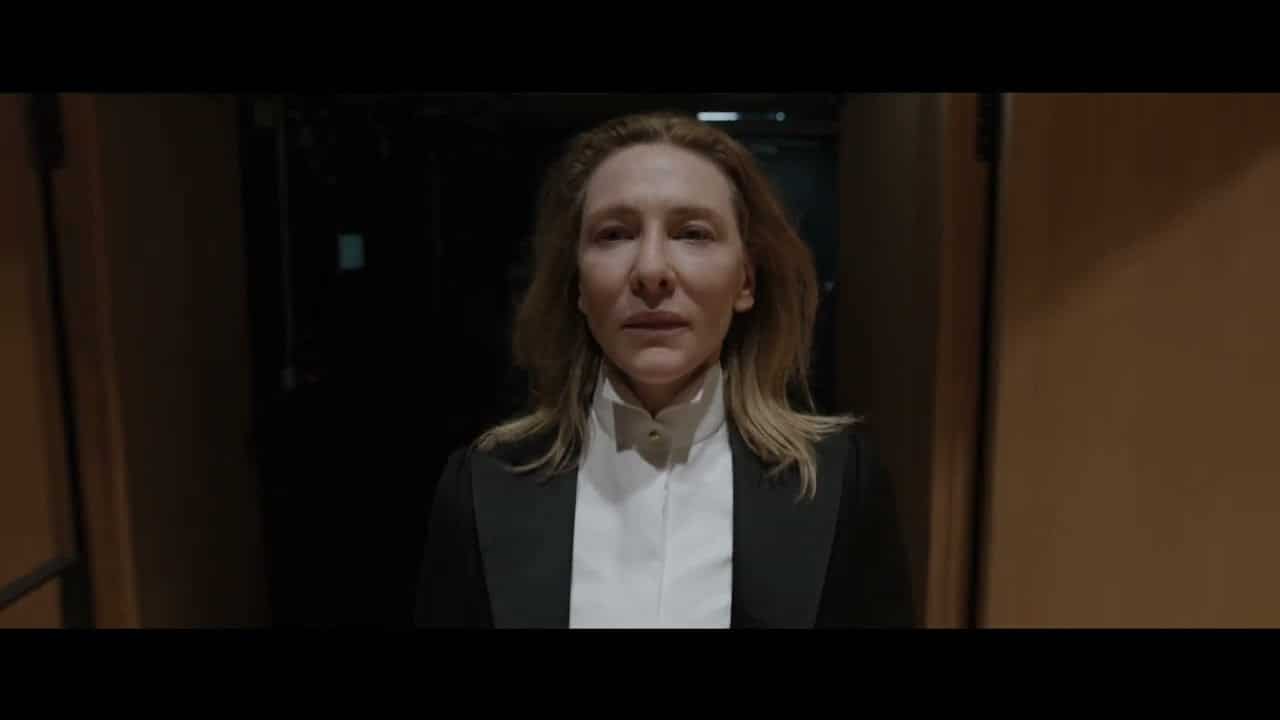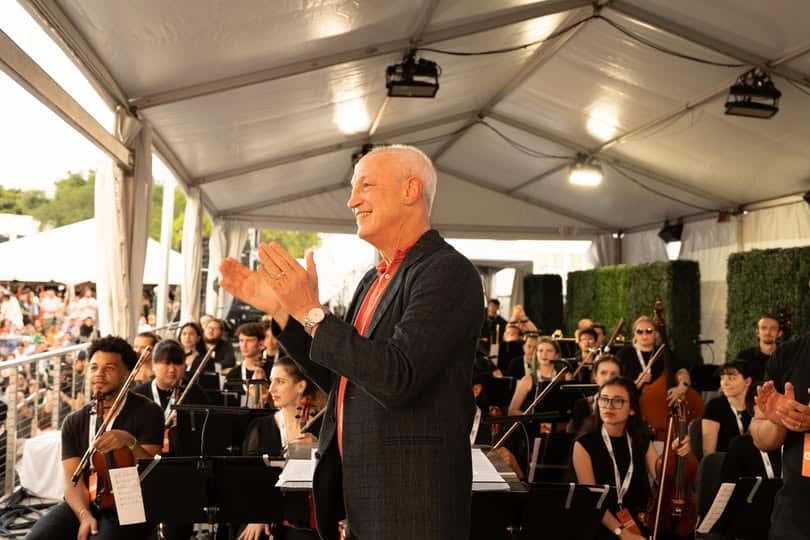Tár is not a bad movie
OrchestrasIt is – to paraphrase Otto Klemperer* – a very bad movie.
The first forty minutes are taken up with harangues and diatribes by its central character, a lesbian conductor (played by Cate Blanchett), who spouts musical clichés, historical half-truths and actual factoids about conducting, performing and generally making a career in music.
The 40 minutes pass very slowly. There was some heavy breathing going on in the half-empty cinema. Blanchett then throws a strop at a woke-speaking Juilliard student who would swiftly have been evicted from the class by any real-life teacher in that stern institution.
She goes on to lunch with a character named Kaplan, who is not only funding her equality foundation but comepting with her in the business of performing Mahler. Kaplan in the movie is made up – spectacles, hair – to resemble the late Gilbert E Kaplan, a financial publisher who made a second career conducting Mahler’s second symphony. It is a gratuitously nasty caricature of Gil, (whom I knew well) and whom many of the world’s leading conductors consulted on minutiate in the score. He was a noted expert. Some malign person among the credited musical advisers – John Mauceri? Nathalie Stutzmann? – must have borne him a lasting grudge.
The story improves once the conductor hits Berlin, where some of the domestic interiors are brilliantly designed. Her living quarters arfe enviable. Rarely, however, does Blanchett look credible in the act of conducting. She even ‘conducts’ every note of the opening trumpet solo of Mahler’s fifth symphony, a matter most maestros would leave to the trumpeter’s discretion.
The film’s signal weakness is the absence of any character, central or supporting, for whom we might feel a smidgeon of sympathy. Blanchett’s conductor is a sexual predator of very little charm or subtlety. Her victims appear to be half-willing in pursuit of a career that she ultimately denies them. No successful conductor in modern times has got far without a reservoir of personal warmth. Tar, it appears, has none.
As the credits rolled, my overwhelming feeling was one of relief at not havng to sit through more.
If there’s an Oscar going for this farrago of symphonic simulation, give it to the interior designer.
* The opening line refers to a riposte by the notably crusty Otto Klemperer. Informed that a certain English contender was ‘not a bad conductor’, Klemperer snorted: ‘Ja, he is a very bad conductor.’






Comments